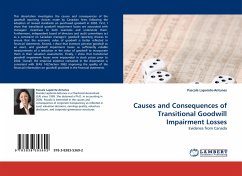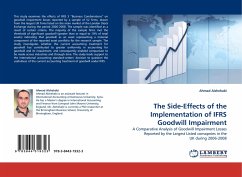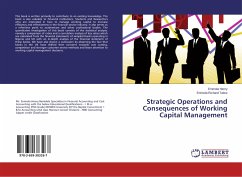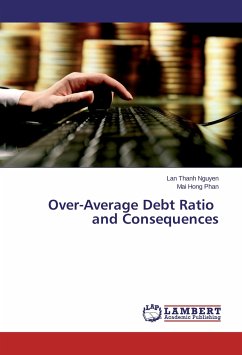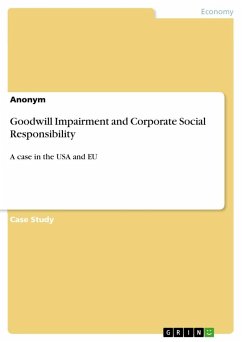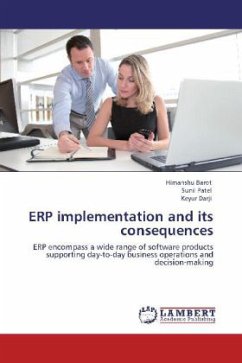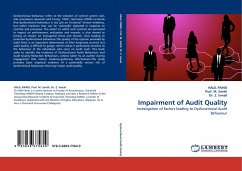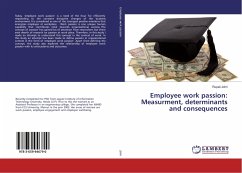This dissertation investigates the causes and consequences of the goodwill reporting choices made by Canadian firms following the adoption of revised standards on purchased goodwill in 2002. First, I show that transitional goodwill impairment losses are associated with managers' incentives to both overstate and understate them. Furthermore, independent board of directors and audit committees act as a constraint on Canadian managers' goodwill reporting choices to ensure that the economic value of goodwill is better reflected in financial statements. Second, I show that investors perceive goodwill as an asset, and goodwill impairment losses as sufficiently reliable measurements of a reduction in the value of goodwill to incorporate them in their valuation assessments. Finally, I show that transitional goodwill impairment losses were impounded in stock prices prior to 2002. Overall, the empirical evidence contained in the dissertation is consistent with SFAS 142/Section 3062 improving the quality of the financial information on goodwill provided in the financial statements.
Bitte wählen Sie Ihr Anliegen aus.
Rechnungen
Retourenschein anfordern
Bestellstatus
Storno

